Listening to music should be a captivating and powerful experience from the moment someone presses play to the moment the song ends, but it’s not anymore. Full albums spanning around an hour, complete with songs with verses, choruses and bridges used to be staples of true music. The decline of “true music” has become increasingly noticeable in the past years, and it’s due to one powerful factor in the music industry.
Ever since the launch of TikTok in 2016, the app has become a dominant force in pop culture. TikTok, a social media platform that focuses on short videos, boasts an impressive 2.5 billion daily users, approximately a third of the world population. With this level of reach and influence, it was inevitable that the platform would begin to impact other styles of collaborative art — namely music.
Snippets of songs gain instant popularity nearly daily on TikTok, with attention-catching videos constantly getting millions of likes and views. The potential of virality can be used for good, like to resurrect older music. When Kate Bush’s song “Running Up That Hill (A Deal With God)” went viral last summer almost four decades after its initial release in 1985, its streams increased by 9,000%.
Virality, and the fame and wealth associated with it, also has adverse effects though — the chance artists may become famous on such a massive platform at any given moment constantly looms over their heads and directly affects the music they’re making for the worse.
TikTok developers have stated that the algorithm favors promoting videos under 30 seconds in response to teens’ lowering attention span. Artists who strive to go viral on TikTok and bring attention to their music thus have to craft their songs strategically. Berklee College of Music found that to go viral, artists are “reconfiguring the traditional pop song structure.”
Gone are the days of songs with bridges, pre-choruses, second verses, intros and outros. The concept of song structure has virtually disappeared with the rise of catchy loops and monotonous beats. Songs made for TikTok lose creativity for a chance at becoming popular on social media.
As shorter and shorter music clips have gained popularity, songs with messages that reveal themselves over many minutes of listening have become obsolete. Artists are now conveying their increasingly simplistic messages in the part of the song most likely to go viral.
Whitman sophomore Kendall Venegas feels that TikTok is creating shorter musical attention spans, a trend detrimental to listeners truly understanding songs.
“People only want to hear a certain snippet of a song because that’s what they’re familiar with on TikTok,” said Venegas. “You’re not absorbing what the artist has to say.”
TikTok’s impact on music also threatens smaller artists, who often feel that the only way to get a hit in this era of music is to have it go viral on TikTok either before or immediately post-release.
Kevian Kraemer, a pop-indie musician from New Jersey with approximately 550,000 monthly listeners, expressed similar feelings on the topic.
“[TikTok pushes] the narrative that a song isn’t good unless it has the social media numbers to back it up,” Kraemer said. “Many artists feel less than good enough because the algorithm isn’t pushing their music at a certain point in time.”
Smaller artists have been forced to adapt to the pressures of TikTok’s algorithm and alter their music based on what’s trendy at a specific time. The algorithm — the system that pushes specific content to each user — appears beneficial to customize to each person’s interests but is used as a manipulative tool to influence users on what TikTok developers want to become popular.
Incentivized to create lazy but catchy hooks, artists are creating a new genre of surface-level music lacking depth and feeling. Understandably, artists trying to have their “viral moment” have begun prioritizing the catchiness of their music at the expense of what they want to be making.
Small artists aren’t the only ones detrimentally affected by TikTok’s massive influence on music. Musicians with established fanbases and previous successes also see their future limited by TikTok norms. Popular singers like Halsey, Charli XCX, FKA Twigs and Florence Welch have all stated that their labels encourage them to make songs curated to go viral on TikTok.
Halsey, known for their many hits like “Closer” and “Without Me,” made a video on TikTok to discuss their experiences.
“I have a song that I love that I wanna release ASAP but my record label won’t let me,” they said. “I’ve been in this industry for eight years … and my record company is saying that I can’t release it unless they can fake a viral moment on TikTok.”
Not only do artists hoping to gain fame have to adapt their content, but almost everyone, regardless of popularity, has to sacrifice their creativity to appease a calculating app.
TikTok’s impact doesn’t necessarily mean that music is irrevocably ruined because of the app. It can push new music and artists for listeners to discover, but those discoveries often come with a price. Music discovered likely consists of underproduced songs made solely to get their 15 seconds of fame. Despite the mediocrity of these songs, they’re being vastly overconsumed by the masses on TikTok.
Congress recently passed a law banning TikTok in the U.S. if it doesn’t divest from Chinese-owned ByteDance to a U.S. company within the next year. If TikTok isn’t sold to an American company, several things can be done to remedy this issue. TikTok users, who make up two-thirds of American teenagers, can start directing more attention to artists making music independent of TikTok and acknowledge that the music they see on TikTok is just a reflection of increasing consumption.
TikTok’s impact on music is difficult to understate. The app has single-handedly warped small artists’ creativity and motivations, contributed to the loss of musical authenticity and restricted the options of more mainstream artists. TikTok has had destructive effects on the entire music industry in its current form and will certainly impact its future, something that musician Steve Lacy spoke about during his Maryland concert in October.
“You’re telling me you woke up early to queue for tickets online, spent your parent’s money, got your outfit, traveled to the show … and in between all of that time you didn’t learn one other word of the song than the hook?” Lacy said. “The audacity!”




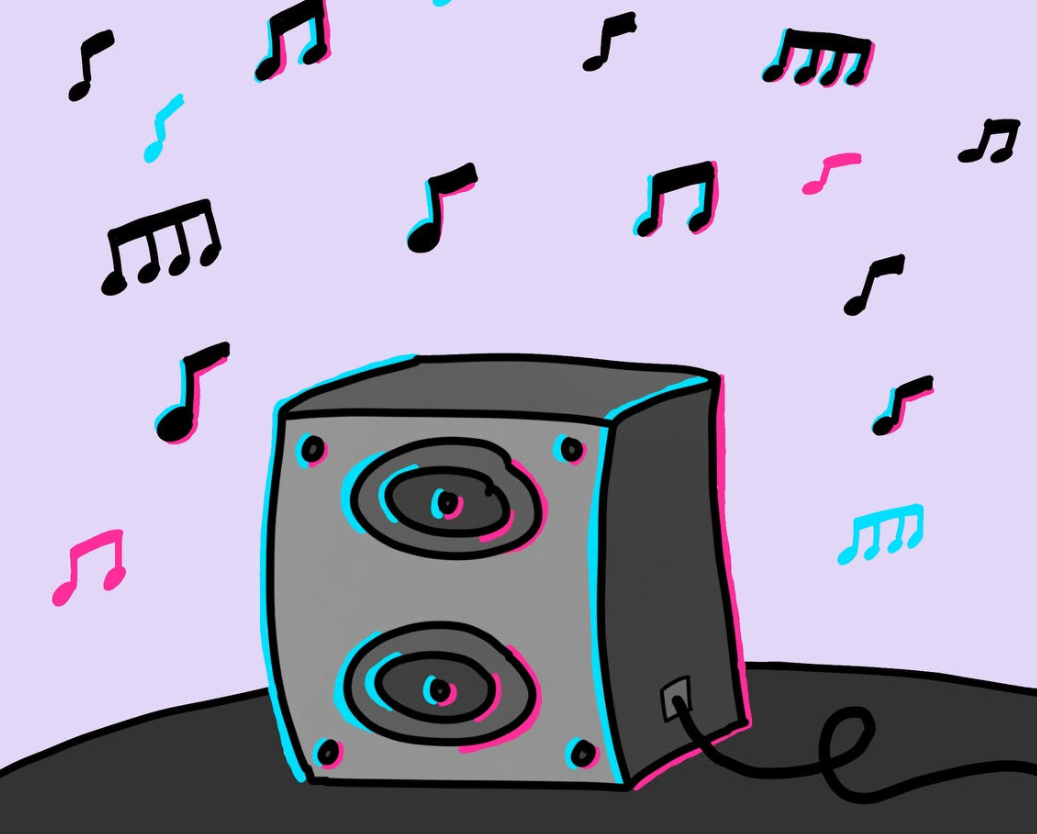




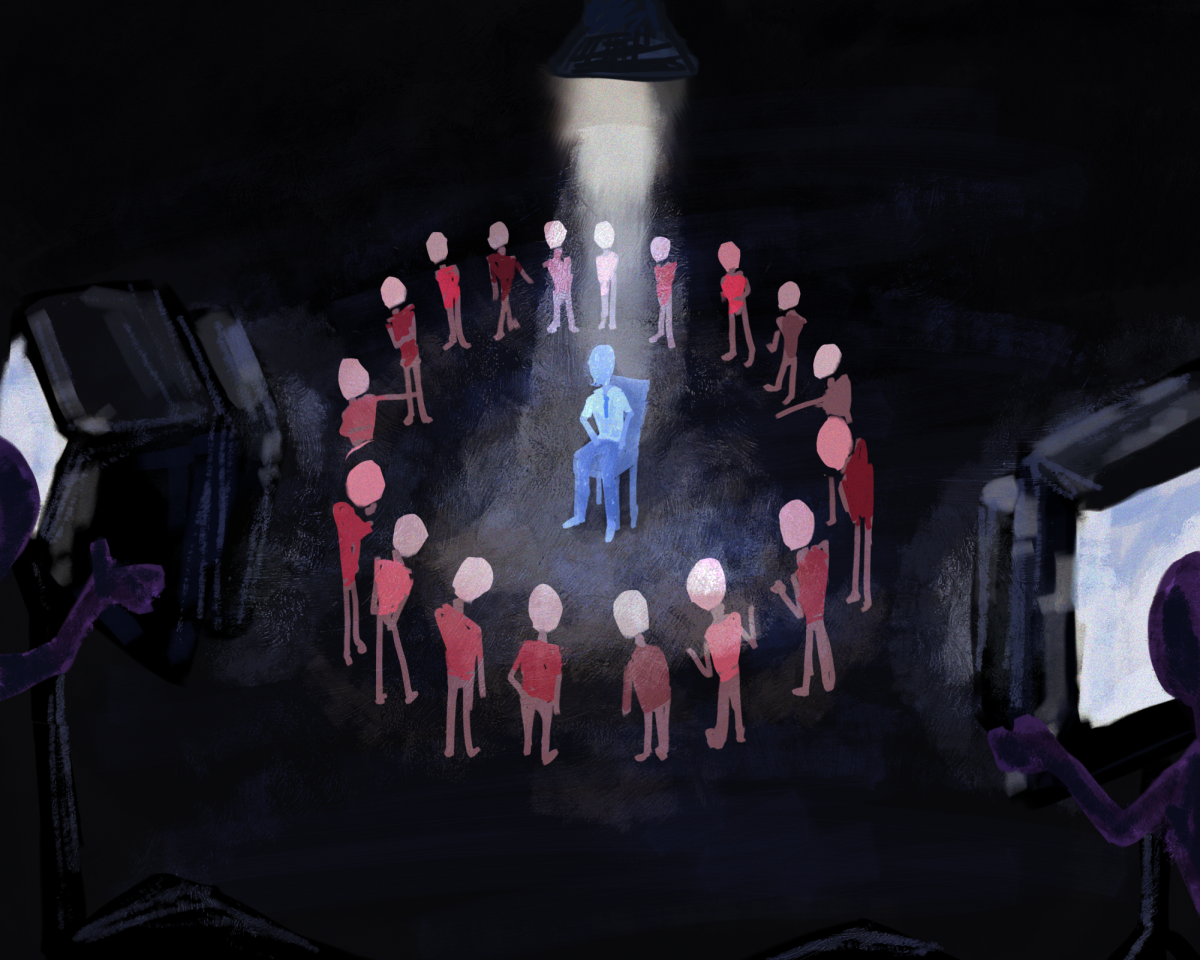
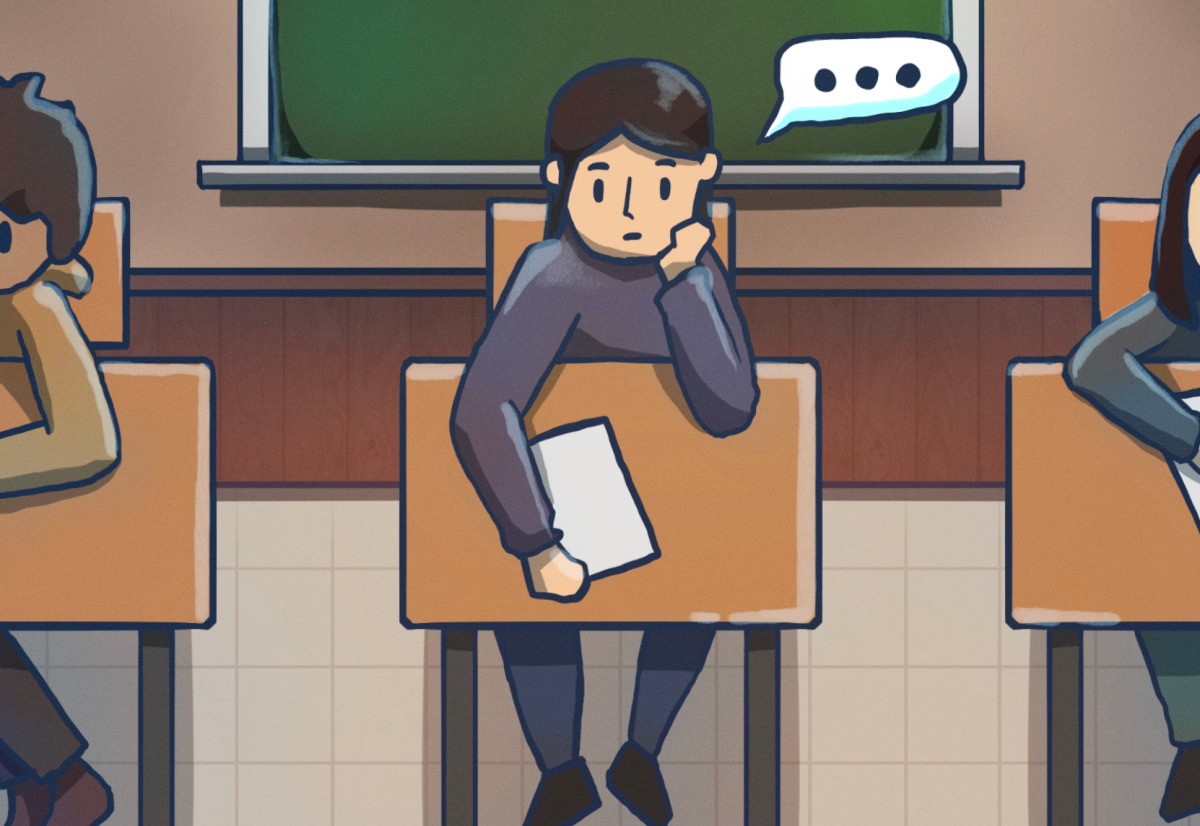

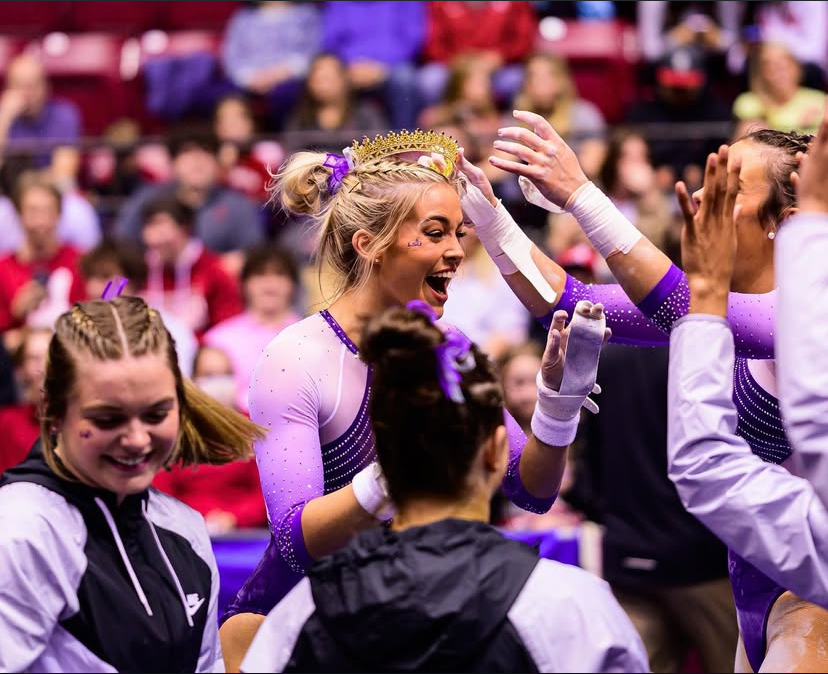
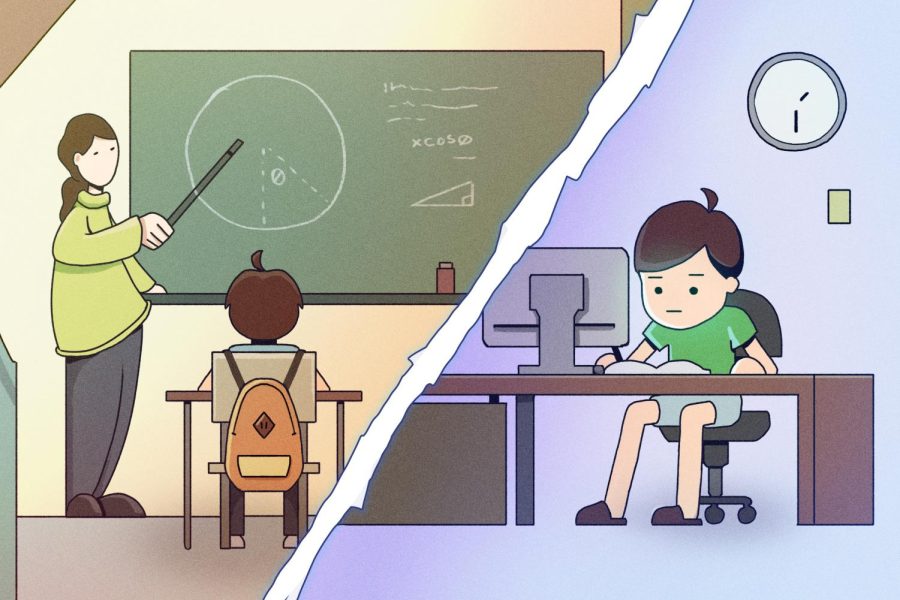
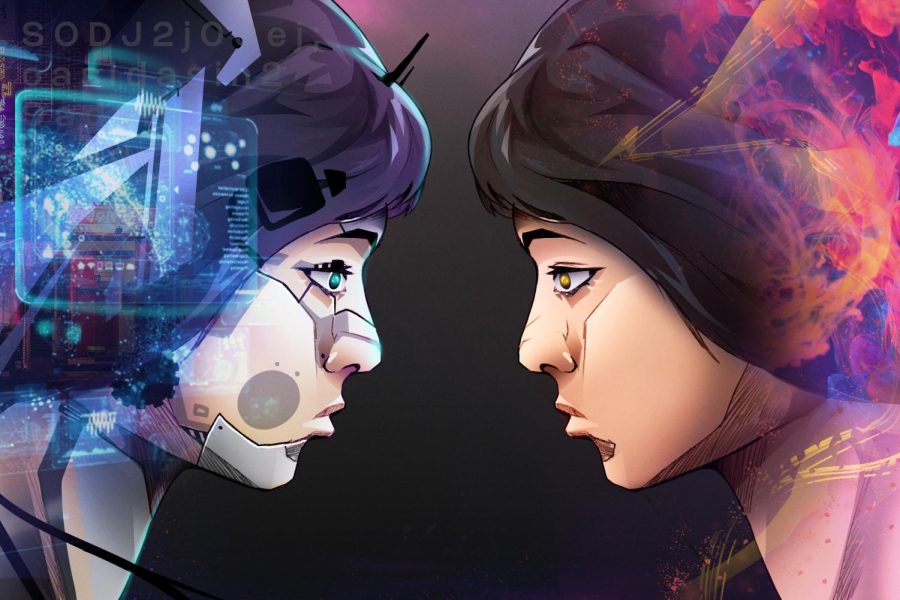
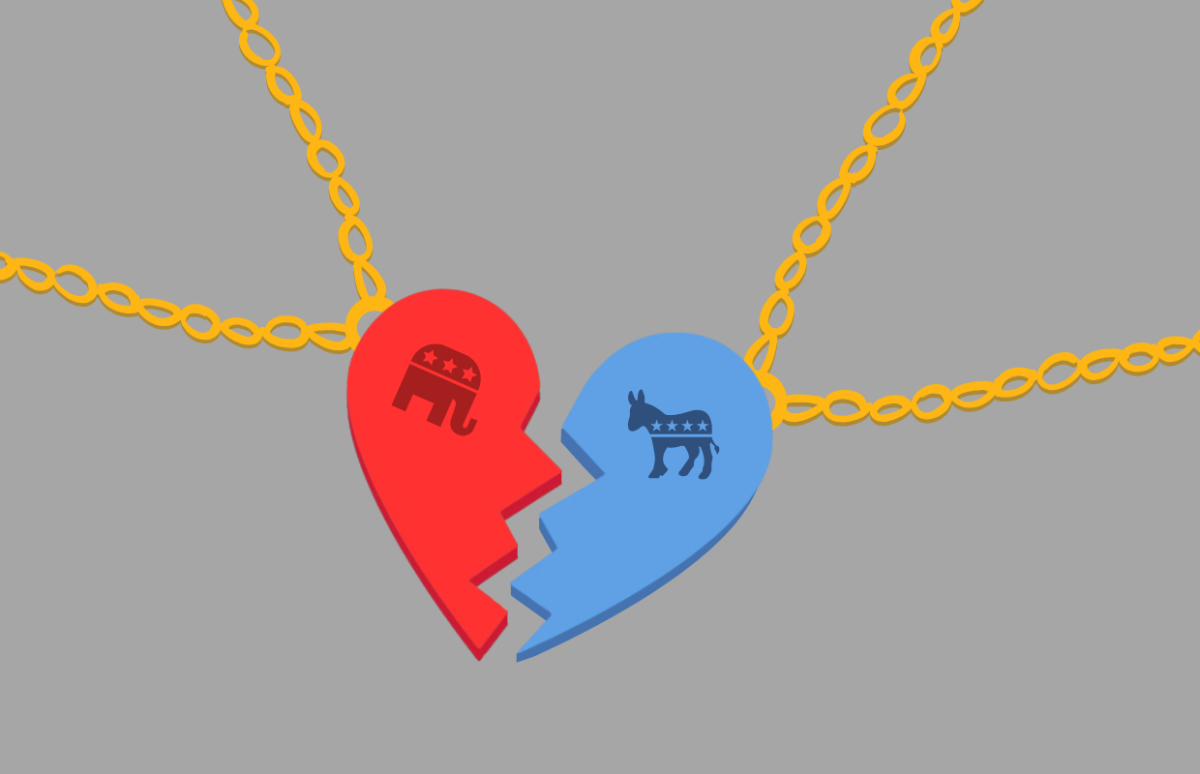
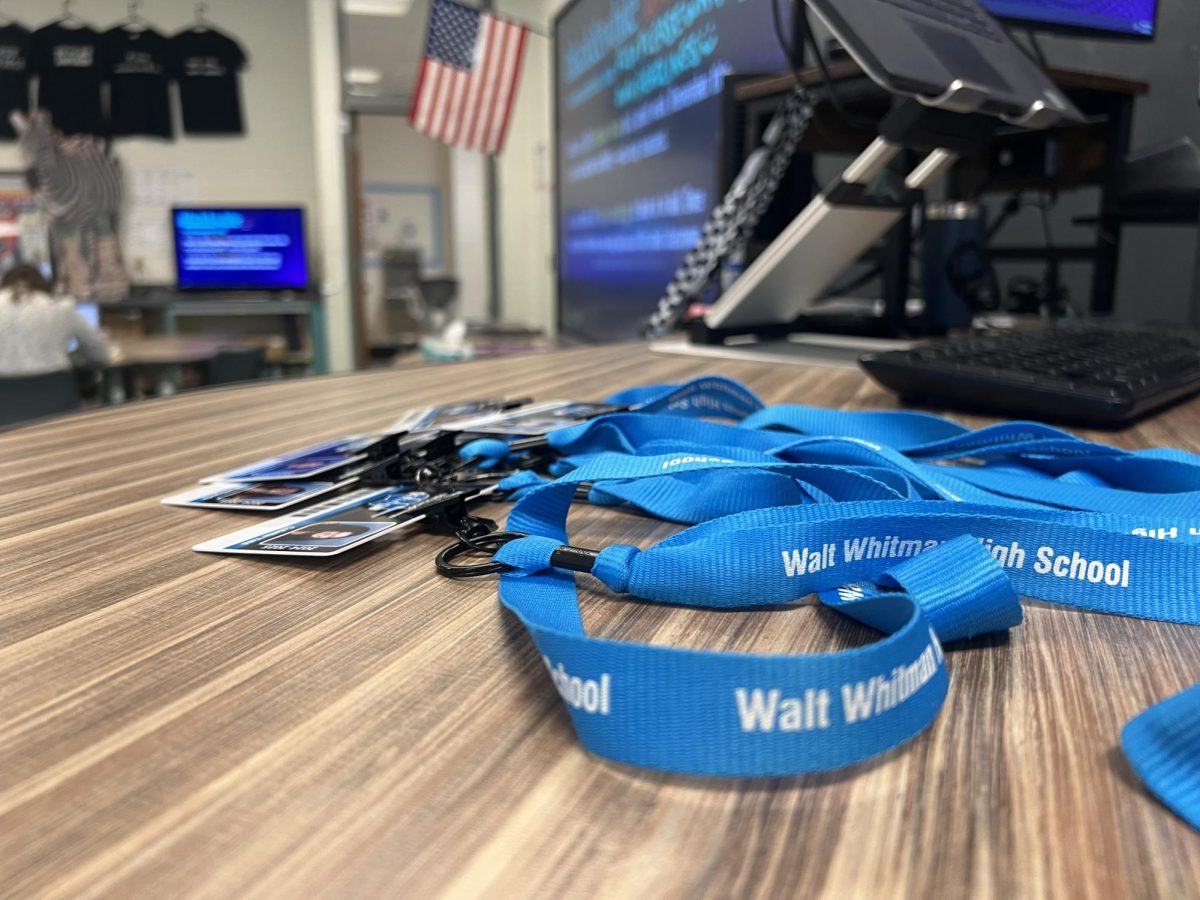

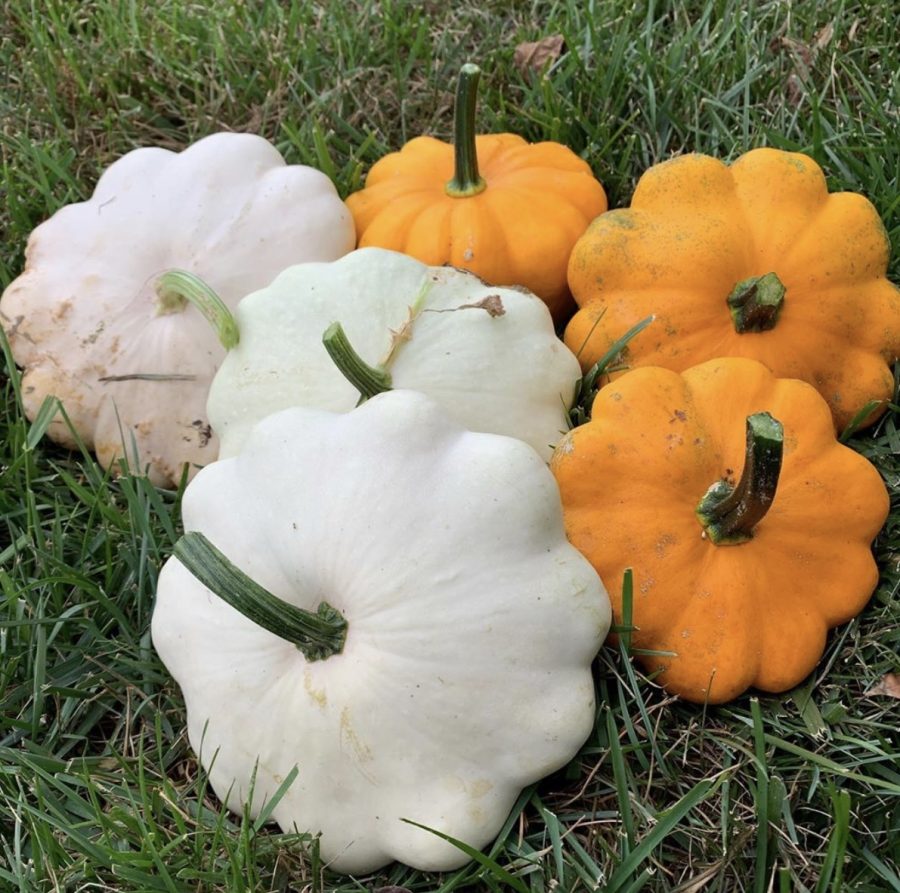
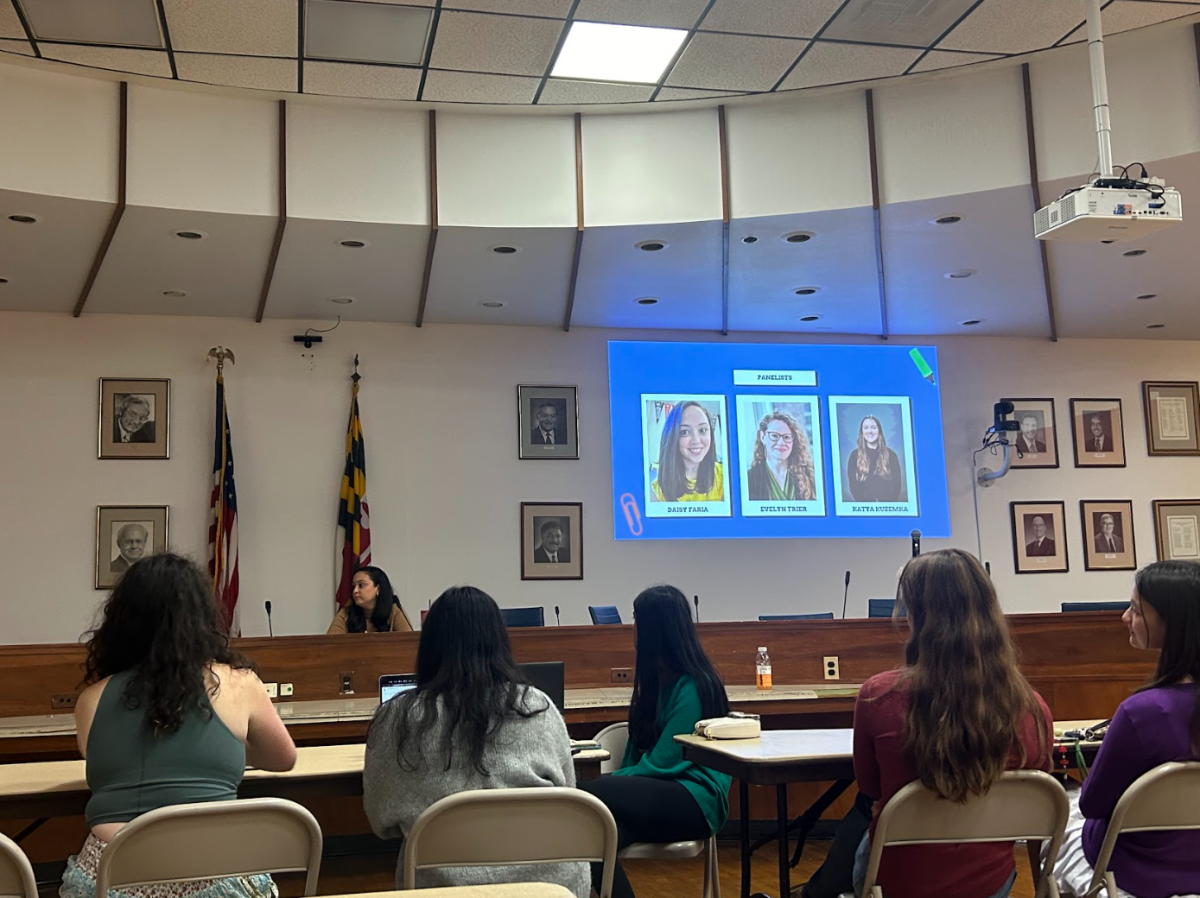

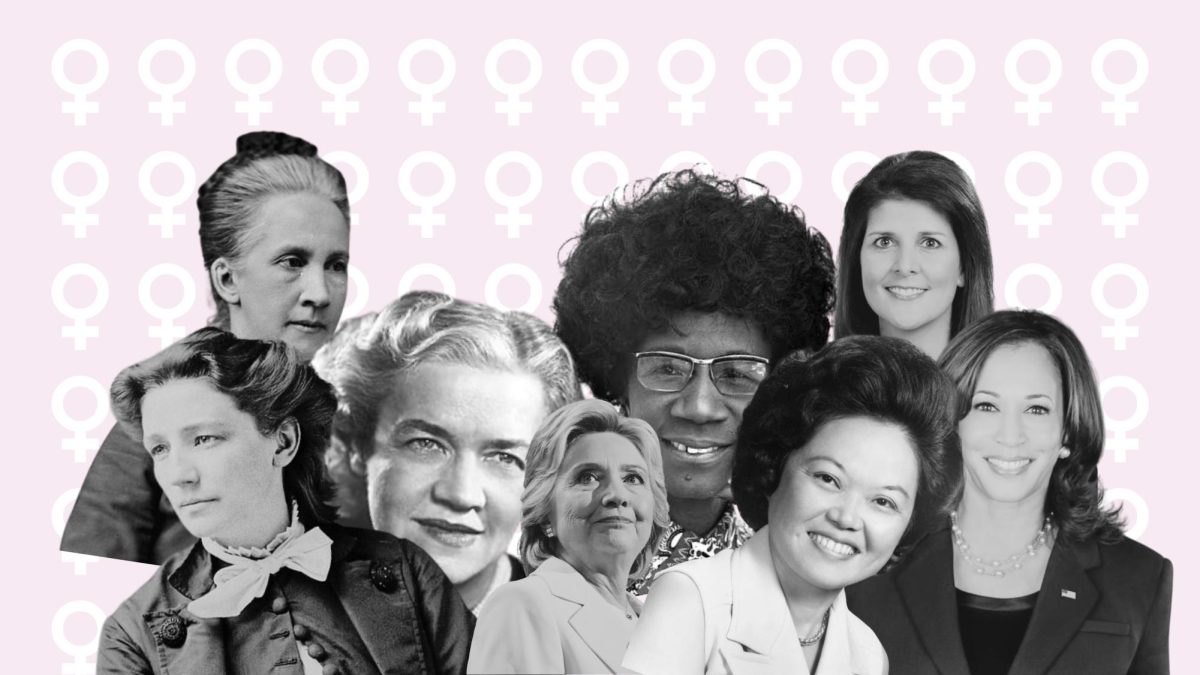


Landon Lover • May 21, 2024 at 10:32 am
Man, this article is quite possibly the most tear-jerking, profound, and overall flawless article I have ever read. Huge props to the author, this truly will go down in history as one of the best works of journalism of all time.